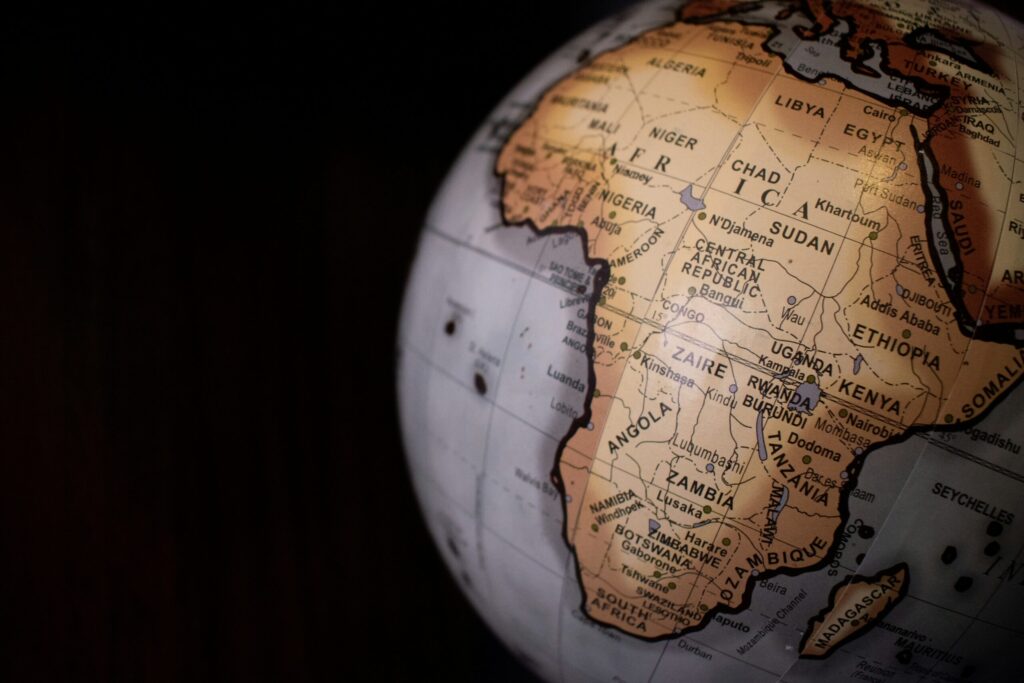In recent weeks, a series of monetary policy decisions have seen central banks across Africa hold benchmark interest rates, as inflationary pressures ease across the continent.
In South Africa, the South African Reserve Bank voted to hold its benchmark rate at 8.25%.
According to reports, four members of its monetary policy committee voted to hold the rates, while two voted for a 25-basis point cut.
Speaking to pressmen on July 18, South Africa’s central bank governor, Lesetja Kganyago noted that the committee members agreed to hold the rate to mitigate future inflation risks.
“The battle against inflation is not yet won, global interest rates remain elevated.”
He added, “The most recent headline primed for May was 5.2%, unchanged from April and is still in the top half of our target range. In discussing the stance, MPC members agreed that restrictive policy remains appropriate to stabilize inflation at 4.5%.”
South Africa’s inflation target range is between 3-6%. In 2024, South Africa’s inflation has moved from 5.6% as of February to 5.2% as of April.
In Kenya, the monetary policy committee of the Central Bank of Kenya voted to retain its benchmark interest rate at 13% in June, with the country’s inflation rate declining to 4.6% as of June 2024.
Speaking on the decision to hold, the governor of the Central Bank of Kenya, Kamau Thugge, noted,
“Overall inflation is expected to remain stable around the mid-point of the target range in the near term, supported by the stable exchange rate, improved food supply attributed to favourable weather conditions, stable fuel prices, and the impact of monetary policy actions which continue to filter through the economy,”
Kenya’s inflation rate has remained within the inflation target of 5±2.5% throughout 2024. However, at the start of the year, the Kenyan Central Bank took a decision to hike its benchmark rate from 12.50% to 13.00%.
After its monetary policy meeting on July 18, the Egyptian central bank announced its decision to put its benchmark lending rates at 28.25% and deposit rate at 27.25%. This decision comes despite Egypt’s inflation rate standing at 27.25% as of June 2024, its lowest level this year.
In a statement, the monetary policy committee of the Egyptian Central Bank noted,
“The Committee judges that the current monetary stance is appropriate to support the sustained moderation of inflation and will continue to assess its transmission to the economy in a data-driven manner.”
It is noted that renewed inflationary pressures may arise from another round of subsidy cuts, as the newly appointed government cabinet advances with IMF-backed reforms.
The Central Bank of Nigeria and the Bank of Ghana (BOG) will meet next week to make monetary policy decisions. The CBN will meet on July 22 and 23, while the BOG will meet between July 23-26.
In Nigeria, the continual inflationary pressure has seen inflation reach 34.19% as of June 2024. Despite hiking the benchmark rate by 750 basis points in 2024 to reach 26.25%, Nigeria’s inflationary pressures have stubbornly been on an upward trend this year.
In Ghana, inflation fell to a two-year low of 22.8% in June 2024, prompting discussions of further cuts from the benchmark rate of 29%. Ghana was the first African economy to implement a rate cut this year, reducing its benchmark rate from 30% to 29% in January.
Following rate cuts in January, the Bank of Ghana maintained rates during its Monetary Policy Committee meetings in March and May, as inflationary pressures persisted.

